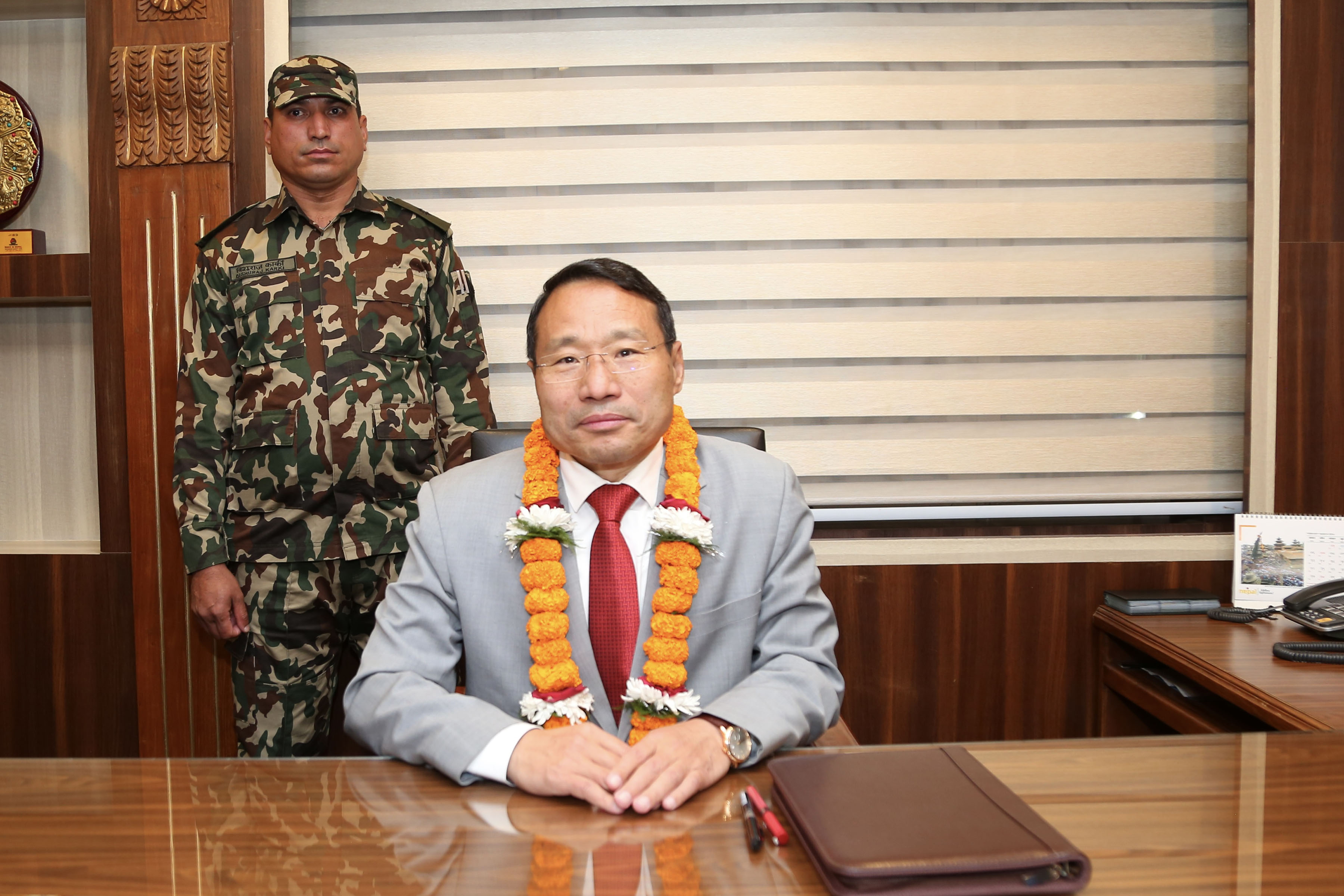The primary reason for the government's unpopularity in recent years is economic hardship. As these hardships increase for ordinary citizens, dissatisfaction with the government grows. This dissatisfaction can extend to the democratic system itself, despite democracy being the most advanced system of governance. In recent times, such dissatisfaction has led to nostalgia for past autocracies. Therefore, the government must play an effective role in driving the country's economic growth. The measure of the government's success is largely based on improvements in the economic sector. Since the formation of the new government under Prime Minister KP Sharma Oli, some economic indicators have started to show improvement. With the appointment of Finance Minister Bishnu Prasad Paudel, there has been a significant uptick in the stock market. On Thursday, the fifth day after the new government was formed, the stock market surged. A share turnover worth Rs 15.54 billion was particularly noteworthy. On the first day of the new Fiscal Year (FY) on Tuesday, shares worth only Rs 9.138 billion were traded. This positive trend, seen previously when Paudel took charge of the Finance Ministry, is seen as a welcome sign of his liberal economic policies.
Paudel, who has served as a minister eight times and led the Ministry of Finance five times, is considered an experienced finance minister. This tenure is an opportunity for him to work vigorously. Given his extensive experience, it is reasonable to expect substantial development in the economic sector under his leadership. Job creation is an absolute necessity for our economy. Political parties and their leaders should compete to create jobs within the country, reducing the need for citizens to seek employment abroad. Acquiring skills can also lead to higher earnings for those who do seek employment overseas. Prime Minister Oli has already discussed the role of the private sector, expressing his commitment to policies that encourage private sector investment. For economic prosperity, it is crucial to create an industrial environment that attracts both domestic and foreign investments. Effective policy preparation that emphasizes the private sector's role is essential. There is still a notion in the country that the state should produce various goods, from shoes to slippers. With most goods being imported, it is necessary to create an environment for domestic production. A democratic government's responsibility is to make and monitor policies, leaving the actual production to the private sector. The government can oversee the work carried out by the private sector.
Expectations a heavy burden

There are signs of improvement in the country's economy. The International Monetary Fund has also forecast improvement for the new fiscal year. By focusing on stability and policy reforms, the government can enhance the economy. In recent years, foreign investment has not met expectations, despite organized investment conferences. The new finance minister must create an investment-friendly environment, which is crucial for a viable economy. Low confidence in the economy has hindered investment and consumer spending. Consumers need the confidence to spend, believing they can earn. Addressing current economic challenges is the government's responsibility. Political instability has been a recurring issue. In developed economies, industry and business people are vital. Boosting entrepreneurs' confidence is essential for economic growth. A strong investment and employment policy can signal that the current economic recession is over. When the government plays a role in strengthening the economy, it creates a positive situation, reducing dissatisfaction.








































